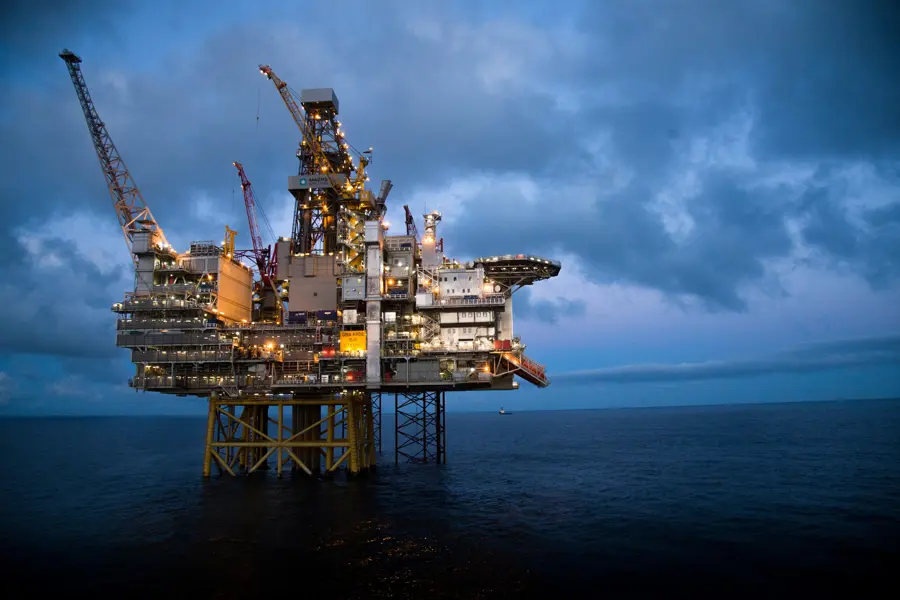New in 2026
Developments in 2025
On March 31, 2025, Beerenberg and Linjebygg established joint management to strengthen their collaboration. The decision comes in the wake of Altrad's acquisition of Beerenberg in the fall of 2024, where the two companies became sister companies.
The change provides a stronger delivery capability in the market, with a larger pool of expertise and a broader service offering.
Our goal is to become even better providers of services for our customers, and attractive and good employers for our skilled employees, says CEO Arild Apelthun.
Overall, Beerenberg and Linjebygg have a turnover of NOK 4.4 billion and 2,500 employees, in addition to hired personnel. This provides good opportunities for further growth and development.
The companies have high activity and positive development:
Beerenberg had NOK 3,059 million in revenue in 2024, compared to NOK 2,343 million in 2023.
Linjebygg had NOK 1,371 million in revenue in 2024, compared to NOK 1,307 million in 2023.
History
For more than 48 years, the Beerenberg group has delivered innovative service solutions for a wide range of industrial enterprises. Our business covers the entire life cycle from field studies and new construction to maintenance, modifications and life extension - always with a focus on improving HSE, productivity and predictability.
The company was established in 1977 by founders Arne Dalseide and Svein Fløysand. This in a time when the traditional shipyards lay like pearls on a string along the west coast of Norway. Beerenberg's industrial adventure started with contract quantities mainly in surface treatment at several of these shipyards.
As many of the traditional shipyards developed the world's leading development expertise for the oil industry, be it in the design and construction of oil platforms or offshore vessels, Beerenberg also grew throughout the eighties into the land-based part of the oil industry.

Gina Krog plattform
In the decade between the big drop in oil prices in 1999 and the financial crisis, Beerenberg's activities turned seriously towards the emerging maintenance and modification market within Norwegian oil and gas. Beerenberg has largely differentiated its assignments in recent years. Maintenance and modification activities still account for the majority of activities, while at the same time we are constantly taking on more assignments within new construction, bridges, industry and tunnels.
The company mainly supplies services and products in three areas:
Insulation
Scaffolding
Surface
In addition, the company supplies a number of special services within rope access techniques (RAT), cold cutting, habitat, architect and industrial cleaning.
The company spends a lot of resources on research and development, so that we can constantly deliver innovation in the form of products and solutions that help the industry a few steps further.


